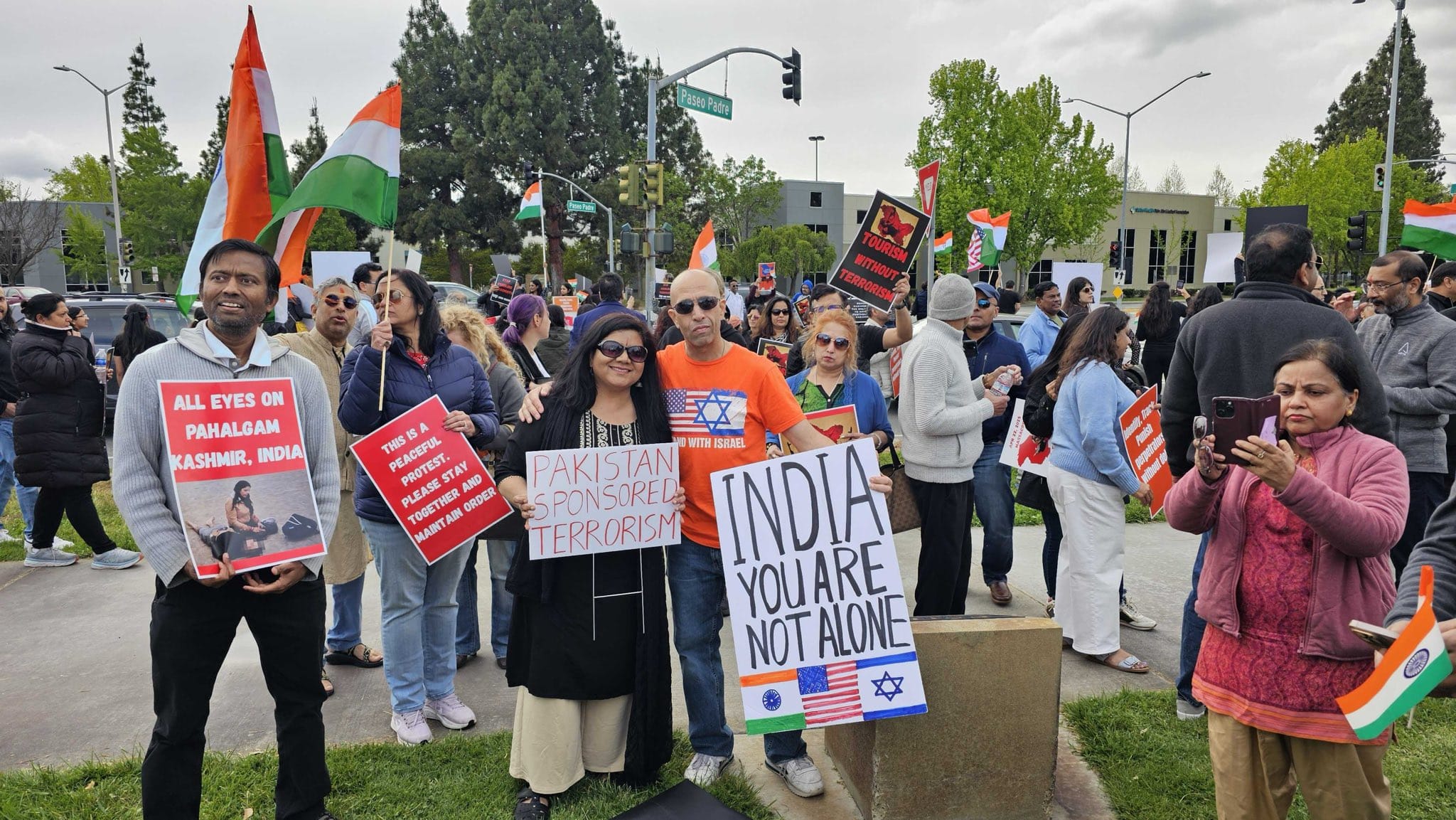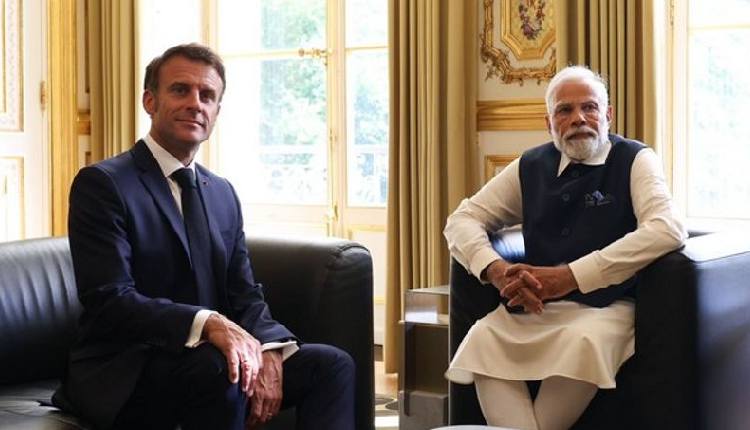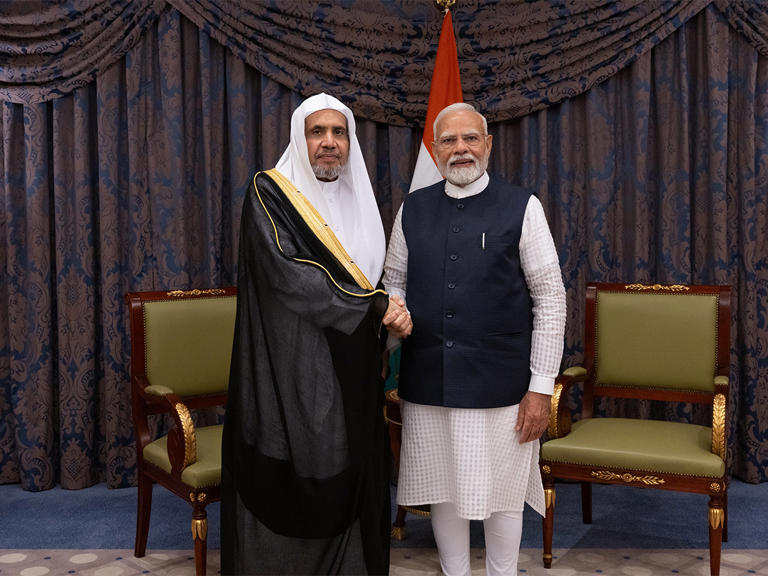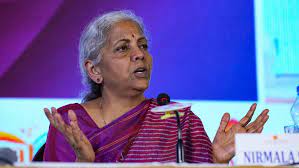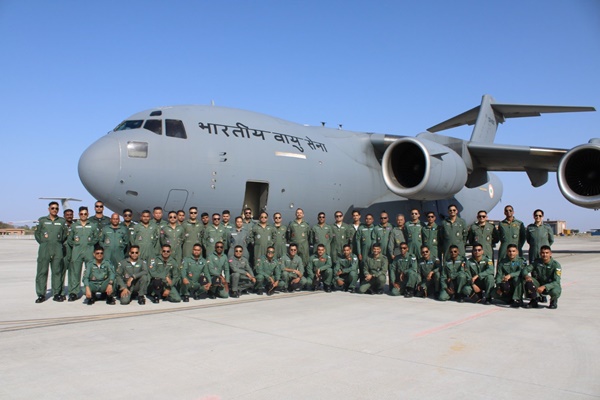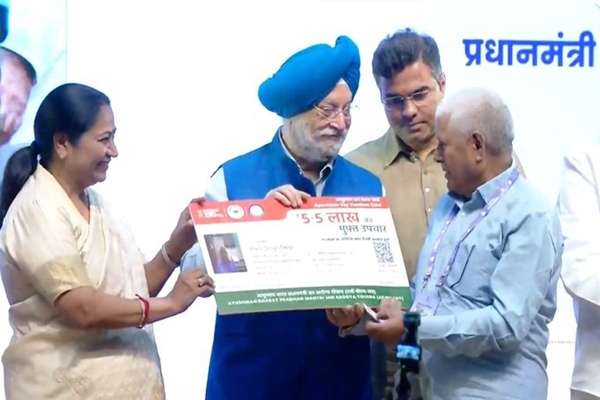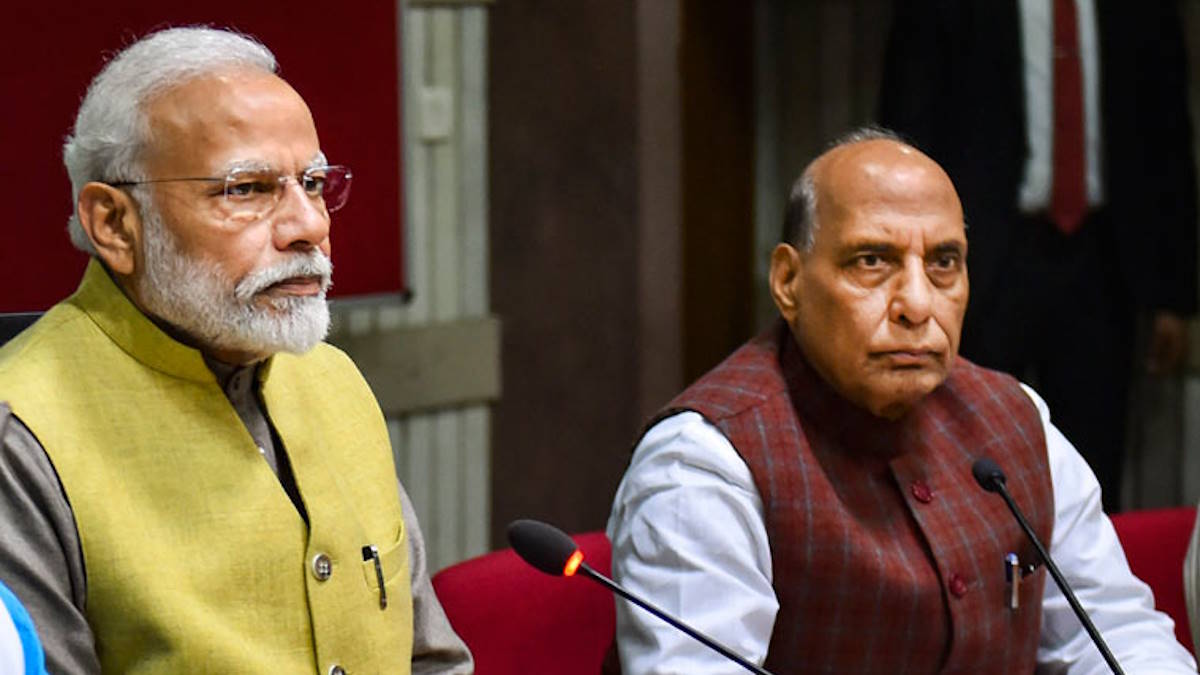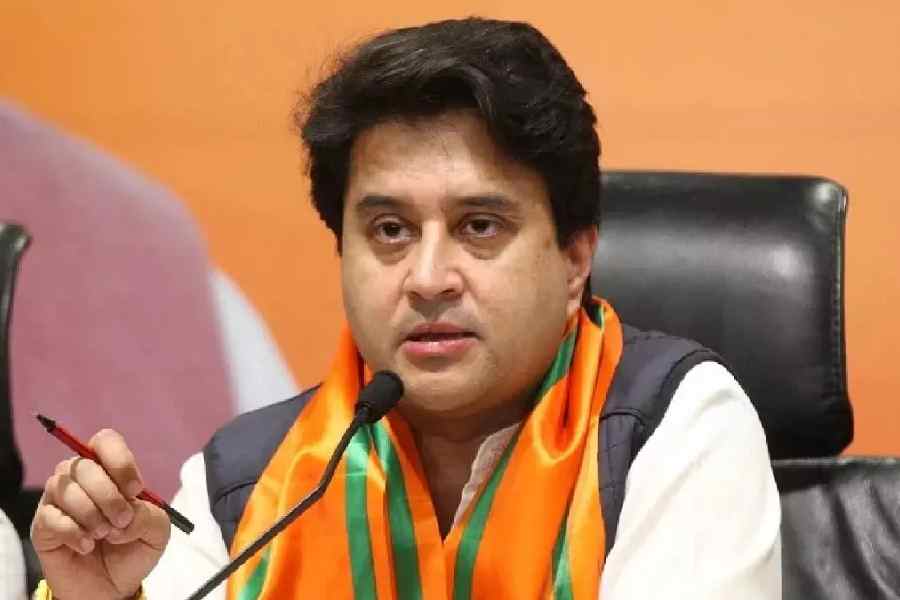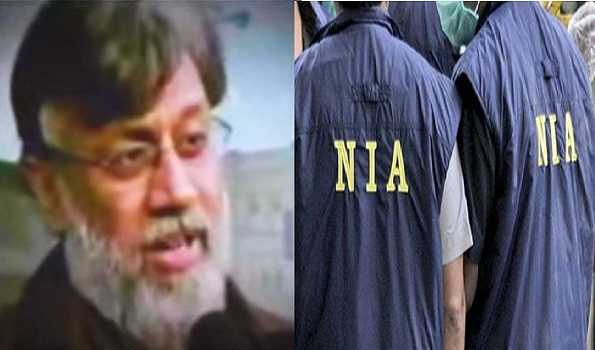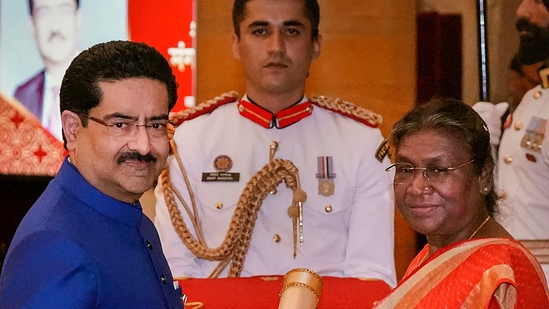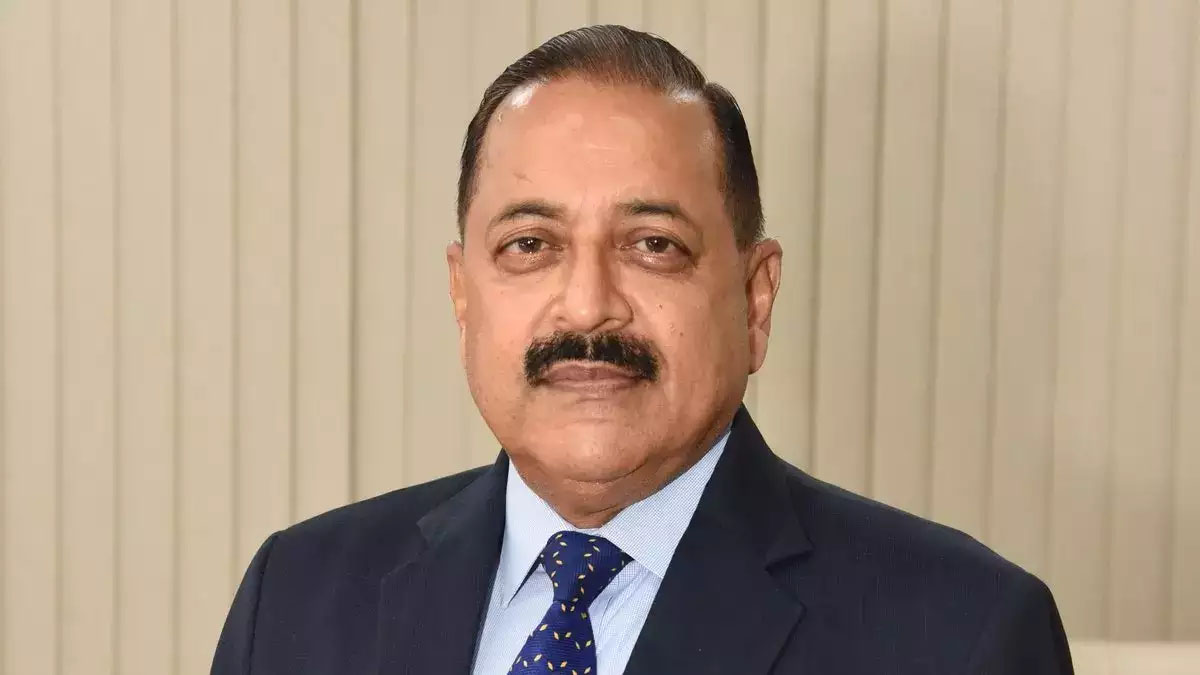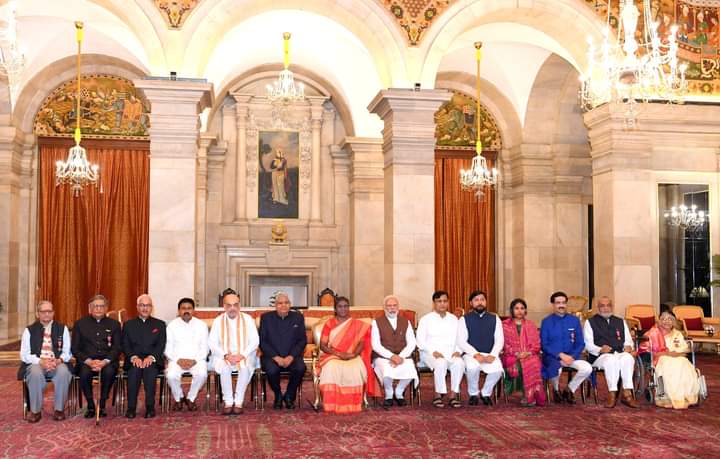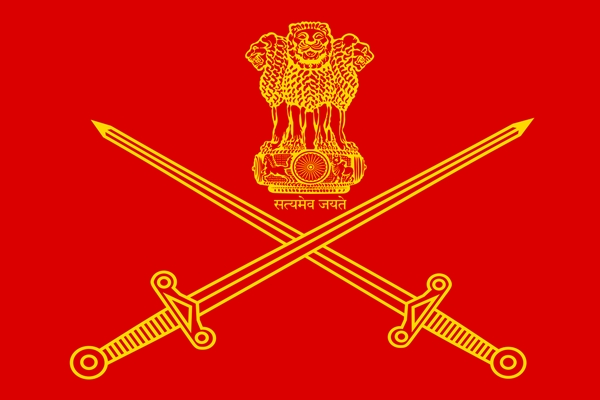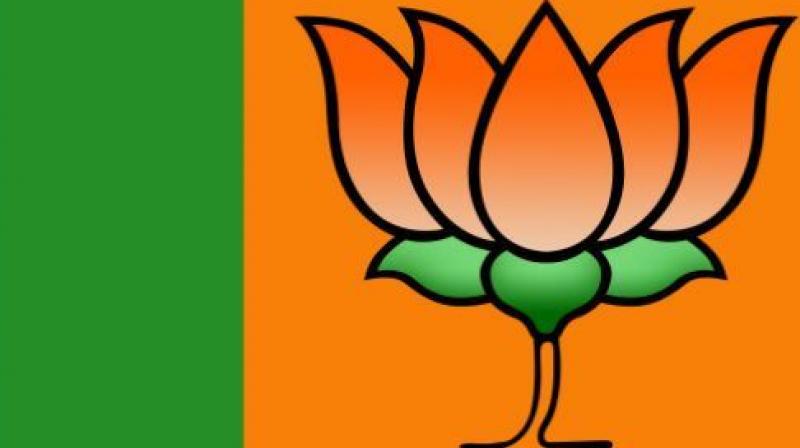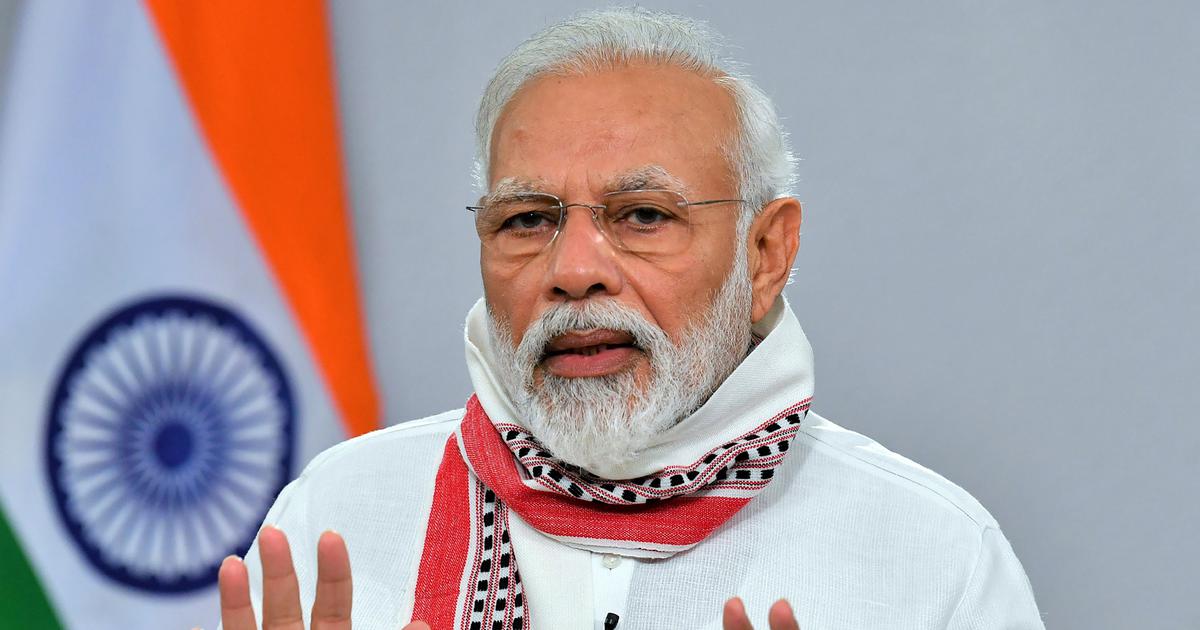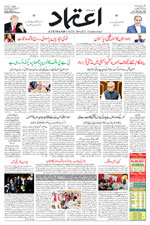Indo-UK bonhomie: West seeks India's partnership to counter the threat of China
Fri 13 Nov 2015, 18:39:20
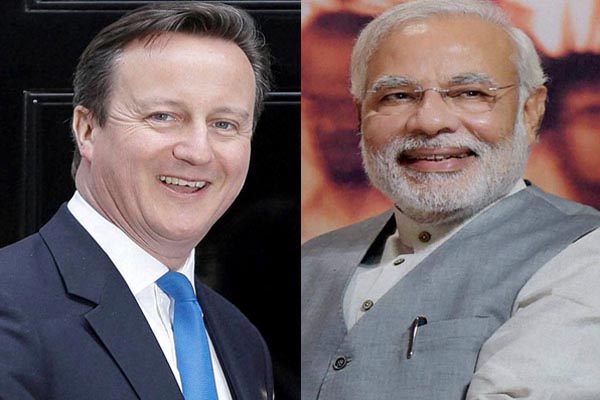
The Joint Statement made by Indian Prime Minister Narendra Modi and his British counterpart David Cameron reads like a homily written by academics disconnected from the real world and read ad nauseam by politicians.The platitudinous and clichéd joint statement says all the right things- security and prosperity in an interconnected world, India’s economic development, rise as global power, the homilies to the international system and reference to global threats, among other things. In this sense, Cameron and Modi then have reasons to feel good: they have delivered speeches that are ‘forward looking’ and imply vision. But the problem is that the statement is too forward looking. World politics and international relations are too fluid to conform and correspond to the vision laid out by both Cameron and Modi. There are other issues of a structural nature with it.Prime Minister Narendra Modi and his UK counterpart David Cameron shake hands before a delegation level meeting at 10 Downing Street in London on Thursday. PTI Prime Minister Narendra Modi and his UK counterpart David Cameron shake hands before a delegation level meeting at 10 Downing Street in London on Thursday. PTI This, insofar as the broad critique of the joint statement is concerned. But, it does mean that the two leaders’ meeting has been fruitless. There are key takeaways for both India and the United Kingdom- the former a nation that seems to be stuck in the ‘emerging power’ appellation and the latter a former colonial power whose role in the world has shrunk considerably and whose foreign policy orientation and approach has been characterized by a 'muddle' since the past decades or so.So what are the key takeaways?The thrust of the emerging bilateral relationship and the joint statement appears to lie in a commitment to the international system and order that emerged after the detritus of the Second World War. This international system – a compendium of power and a rule based on whose normative content and thrust was created and crafted by the West- is under threat – albeit a rather diffuse one. The threat comes from the
emergence and rise of China. While ostensibly, China purports to work within the normative and power political premises of this order, it is belied by the very nature of China- a civilization state with its own sense of ‘Manifest Destiny’ and exceptionalism. This threat is sought to be pre-empted by powers that be. The premise appears to be protection and longevity of the basic architecture of the order and system created and formulated by the West. The corollary that flows from this impulse is to seek a partner (not an ally) that could approximate or correspond to the basic requirements of a democracy and other allied themes. India fits the bill here and hence the wooing of the country by Western powers. Cameron’s reference or paean to the international system and India’s role in it falls into perspective.India then appears to be sought by the West not merely to ‘contain’ China but as a ‘partner’ to defray the China threat to the international system. Among other things, the Indian Ocean becomes the arena here. It is, in all likelihood, the Indian Ocean that will be the fulcrum of Great Power rivalry and competition in the 21st century.The rest is mere corollary- albeit important and significant.While all this would be well and fine for India, perhaps in the nature of validation and encouragement, but what is key for India is its domestic condition. The rise of India as a potential power accrues largely from its post 1991 outward orientation. The country ensconced itself in the sinews of globalization whose concomitant was economic openness; the economic dividends reaped from this along with the paradigmatic churn in the international relations- the end of structural bipolarity or the Cold War- have been key enablers for India’s rise. And what is now elided these days, another significant idea and theme that was appreciated in Western capitals, is India’s post colonial political makeup: its democracy and pluralism that undergirded it (held by many to be India’s soft power). Both- India’s economic progress and its plural nature- are, with the advent of forces of Hindutva, under assault.
emergence and rise of China. While ostensibly, China purports to work within the normative and power political premises of this order, it is belied by the very nature of China- a civilization state with its own sense of ‘Manifest Destiny’ and exceptionalism. This threat is sought to be pre-empted by powers that be. The premise appears to be protection and longevity of the basic architecture of the order and system created and formulated by the West. The corollary that flows from this impulse is to seek a partner (not an ally) that could approximate or correspond to the basic requirements of a democracy and other allied themes. India fits the bill here and hence the wooing of the country by Western powers. Cameron’s reference or paean to the international system and India’s role in it falls into perspective.India then appears to be sought by the West not merely to ‘contain’ China but as a ‘partner’ to defray the China threat to the international system. Among other things, the Indian Ocean becomes the arena here. It is, in all likelihood, the Indian Ocean that will be the fulcrum of Great Power rivalry and competition in the 21st century.The rest is mere corollary- albeit important and significant.While all this would be well and fine for India, perhaps in the nature of validation and encouragement, but what is key for India is its domestic condition. The rise of India as a potential power accrues largely from its post 1991 outward orientation. The country ensconced itself in the sinews of globalization whose concomitant was economic openness; the economic dividends reaped from this along with the paradigmatic churn in the international relations- the end of structural bipolarity or the Cold War- have been key enablers for India’s rise. And what is now elided these days, another significant idea and theme that was appreciated in Western capitals, is India’s post colonial political makeup: its democracy and pluralism that undergirded it (held by many to be India’s soft power). Both- India’s economic progress and its plural nature- are, with the advent of forces of Hindutva, under assault.
No Comments For This Post, Be first to write a Comment.
Most viewed from Specials
Most viewed from World
AIMIM News
Latest Urdu News
Most Viewed
May 26, 2020
Do you think Canada-India relations will improve under New PM Mark Carney?
Latest Videos View All
Like Us
Home
About Us
Advertise With Us
All Polls
Epaper Archives
Privacy Policy
Contact Us
Download Etemaad App
© 2025 Etemaad Daily News, All Rights Reserved.

